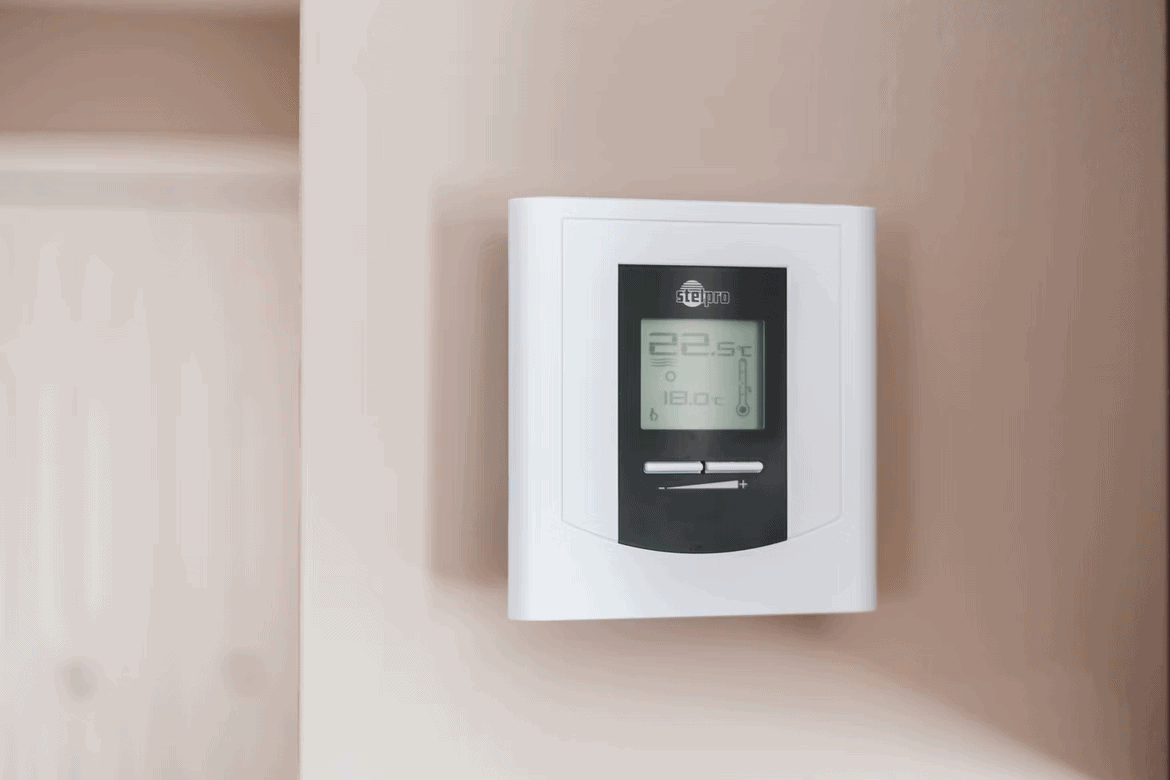Ultimate Guide to California's Building Code for HVACs
When it comes to any new building or renovation project, it's vital to ensure your project meets all building code requirements. Understanding every...
Floor, wall and ceiling mounted to meet your unique project design.
Air conditioning inspections increase efficiency, reduce carbon emissions, and help ensure healthy indoor air quality. Regular inspections are a legal requirement for many commercial properties and large residential dwellings.
So, what information do you need to know to pass your HVAC inspection?
Property owners and managers must abide by the Energy Performance of Buildings (England and Wales) Regulations. These guidelines explain your responsibilities as a commercial property manager or owner. Among these responsibilities is regular air conditioning inspections.
An air conditioning system inspection is a way to get feedback on how energy efficient your cooling system is. An accredited energy assessor must perform these inspections at least once every 5 years.
According to the Energy Performance of Buildings Regulations, all AC systems with an effective rated output over 12kW must be regularly inspected. This includes systems made up of individual air conditioning units that are less than 12kW but have a combined effective rated output of more than 12kW. The Energy Performance of Buildings Regulations also states that the first of these inspections should have taken place by January 2011.
An AC inspection includes the following components:
Upon completion of the inspection, the energy assessor will send a copy of the inspection report to building management. This report is also submitted to the Energy Performance of Buildings Register, where it is publicly accessible.
Accredited energy assessors also assess the energy efficiency of a property to distribute Energy Performance Certificates (EPCs). An EPC comes with an energy efficiency rating that spans from A (most efficient) to G (least efficient). This rating is valid for 10 years.
Like an AC inspection, the EPC contains information about a property’s typical energy costs. It also contains suggestions for system optimization. Unlike an AC inspection, an EPC is only needed when a property is bought, rented, or sold. AC inspections must be done regularly, at least once every 5 years.
An AC inspection report provides information on the system’s current energy efficiency. It also includes advice on how to optimize system performance. In doing so, the inspection report identifies ways that building managers can reduce operating costs.
The air conditioning inspection report includes the following information:
Inspection reports contain valuable advice on how to optimize system performance. The reports also provide the building manager with advice for ongoing system management and optimization.
As a building manager, you have no legal obligation to act on the recommendations made in the inspection reports. However, doing so is in your best interest. Correcting faults and making improvements results in a more efficient system. Improved efficiency results in reduced carbon emissions and lower operating costs.
Air conditioning inspection reports must also include the following details:
In addition to this information, all inspection reports dated April 2012 or later must have a valid reference number. This number is only produced after the inspection report gets filed on the Energy Performance of Buildings Register.
Building managers must store their AC inspection reports in a secure location. These documents serve as evidence that you complied with the law by having your system inspected. Additionally, inspection reports can help inform future inspections of your AC system. It’s a good idea to keep this documentation in a building logbook, along with other necessary reports and maintenance documents.
If an authorized enforcement officer requests an inspection report, then property owners must provide it. Enforcement authorities can ask to see inspection reports at any time to confirm compliance with the law. Failure to produce the inspection report can result in a penalty charge, even if an AC system inspection occurred.
| AirFixture installs underfloor air distribution systems for all kinds of clients including: |
The most common issue property owners run into is not completing the AC inspection on time. Commercial air conditioning systems must get inspected at least once every 5 years. If a recent inspection report isn’t available upon request, then a penalty charge notice will be issued. From here, the property owner has 7 days to submit documentation of inspection. If they are unable to do so, then they could receive notice of a penalty charge of up to £300.
Another issue building managers face is the validity of AC inspections. An inspection report is not valid unless performed by an accredited energy assessor. Energy assessors must be accredited by a program that is approved by the government. The following organizations are the only government-approved energy assessor accreditation schemes in the UK:
Based on statutory inspection requirements, energy assessors are required to submit all inspection reports to the Energy Performance of Buildings Register. An AC inspection report may also be deemed invalid if it is not reported on the Register.
Without a valid AC inspection report, your building could be the subject of investigations, resulting in fines and penalty charges. Additional complications may arise if the property owner wants to sell or rent the property in question. Not having an air conditioning inspection report could have a negative impact on this transaction process.

Staying in compliance with commercial air conditioning regulations is not difficult. Keep your commercial property on the right side of the law by taking the following steps:
Staying on top of routine maintenance and system inspections is the easiest way to avoid an issue with your commercial AC system. Working with a knowledgeable HVAC partner can help you with this. At AirFixture, we improve your air quality while reducing energy costs. To find out how you can benefit from our industry expertise, contact us today.

When it comes to any new building or renovation project, it's vital to ensure your project meets all building code requirements. Understanding every...

Air conditioning legal requirements in the UK are put in place to ensure the health and safety of occupants in commercial buildings. Property...

With the change of seasons approaching, many property managers need a refresher on local heating and cooling regulations. Property managers need to...
